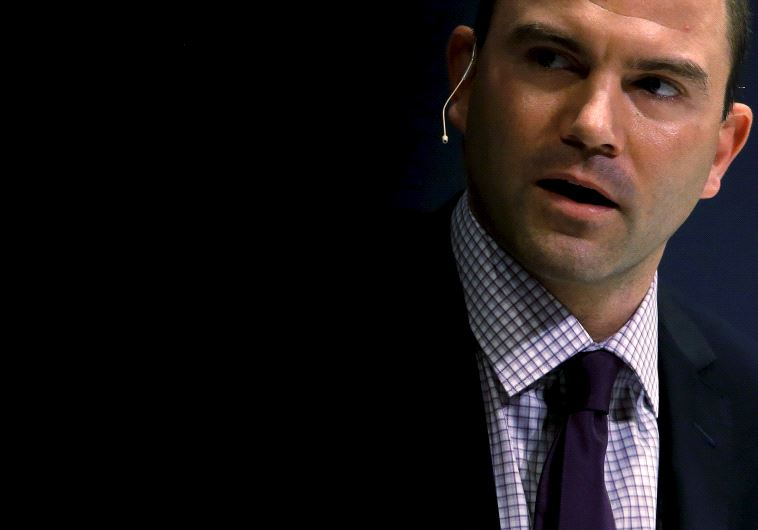Rhodes defends parting shot at UN to 'JPost': Friedman signals Trump's plans for Israel
"We would have vetoed any resolution that sought to impose parameters or stated a view on final status issues."
 Deputy US National Security Advisor Ben Rhodes Updated:
Deputy US National Security Advisor Ben Rhodes Updated: